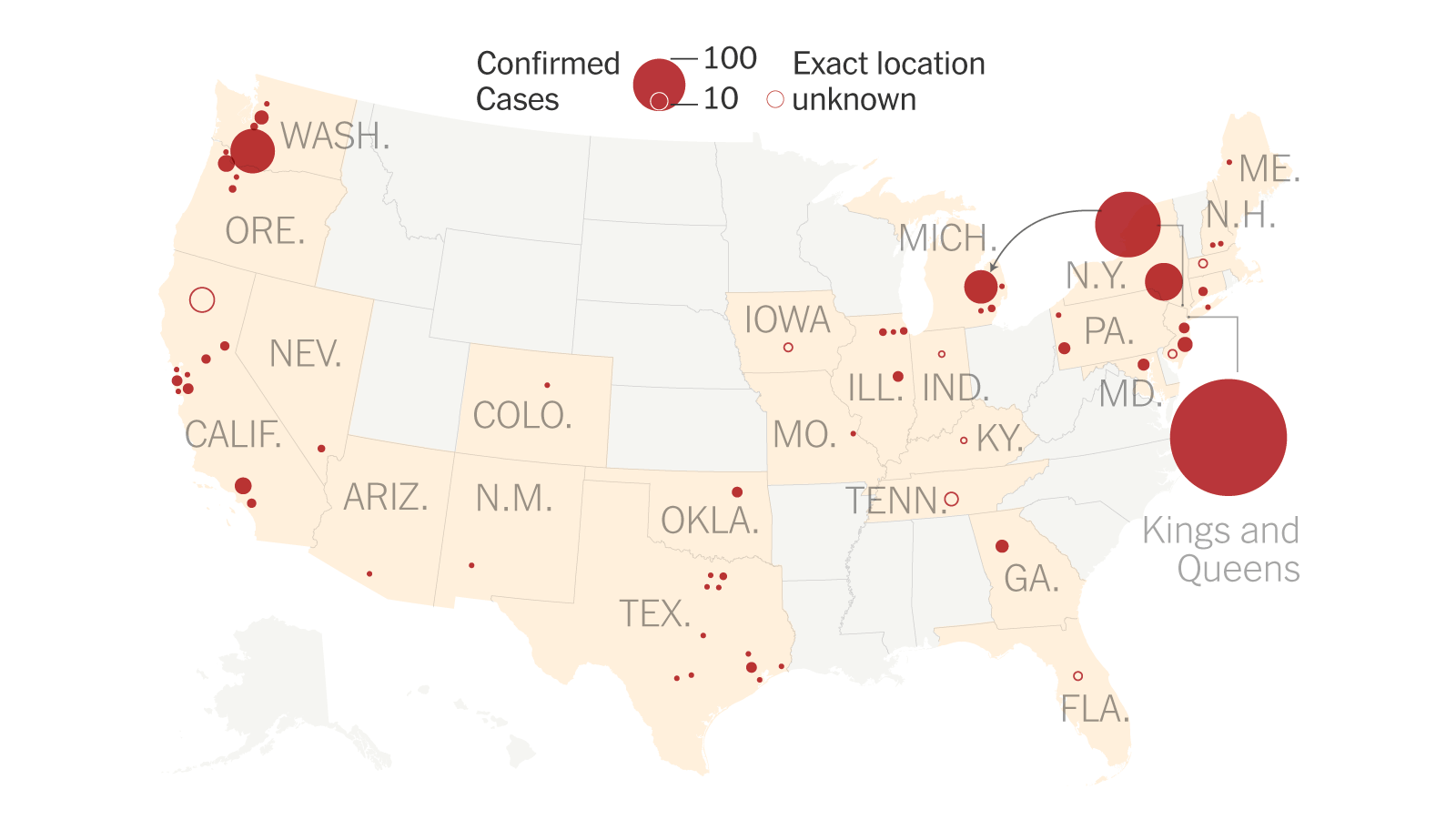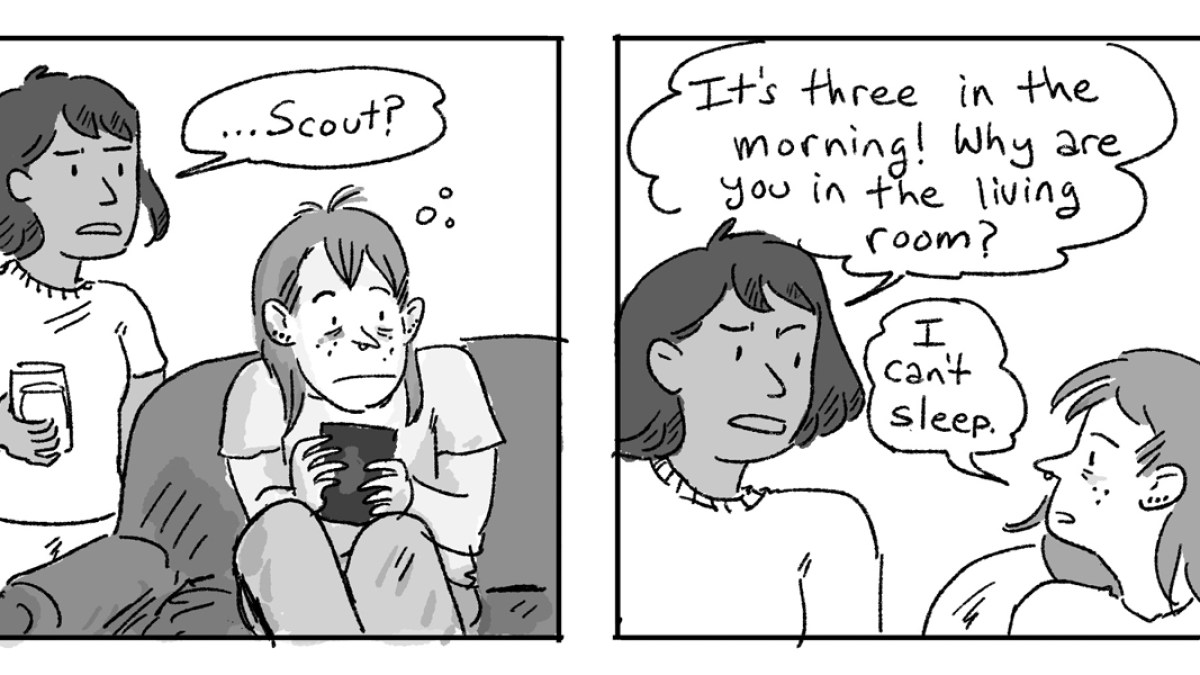The Adult Autism Diagnosis Journey: Challenges, Support, And Growth

Table of Contents
Challenges in Seeking an Adult Autism Diagnosis
The process of receiving an adult autism diagnosis can present significant hurdles. These challenges can impact mental well-being and delay access to vital support services. Understanding these difficulties is the first step towards navigating them effectively.
The Long Wait Times for Assessments
One of the most significant challenges is the often-prohibitively long wait times for diagnostic assessments. The high demand for specialized professionals, coupled with limited funding for public services, creates extensive waiting lists. This varies significantly across geographical regions, leading to further inequities in access to care.
- High demand for specialists: The number of qualified professionals specializing in adult autism diagnosis is insufficient to meet the growing demand.
- Limited funding for public services: Many countries lack adequate funding for publicly funded autism diagnostic services, leading to longer waiting lists and increased reliance on expensive private options.
- Variations in waiting times across regions: Access to timely diagnosis is often dependent on geographical location, with rural areas often facing longer wait times than urban centers.
The impact of these long waits can be substantial. Individuals may experience increased anxiety, frustration, and feelings of being "stuck" in limbo, further impacting their mental health and overall well-being while awaiting an Adult Autism Diagnosis. This delay can also prevent access to vital support services and interventions that could significantly improve their quality of life.
Navigating the Diagnostic Process
The diagnostic process itself can be complex and potentially overwhelming. It typically involves several steps, beginning with either self-referral or a referral from a general practitioner (GP). The assessment itself may include a variety of methods:
- Different assessment tools: Professionals may utilize questionnaires like the Autism Diagnostic Observation Schedule (ADOS) or the Autism Diagnostic Interview-Revised (ADI-R), alongside clinical interviews and behavioral observations.
- Variations in professional approaches: Different professionals may have varying approaches to diagnosis, leading to potential inconsistencies in outcomes.
- Importance of finding the right professional: It's crucial to find a professional experienced in diagnosing adults with autism, as their understanding of the nuances of autism in adulthood is critical for an accurate assessment.
Throughout this process, advocating for oneself is crucial. Don't hesitate to ask clarifying questions, express concerns, and ensure your voice is heard. The subjective interpretation of assessment results means active participation in the process is vital for a comprehensive and accurate outcome regarding your Adult Autism Diagnosis.
The Emotional Toll of the Diagnostic Journey
The emotional impact of seeking an adult autism diagnosis is profound and multifaceted. It's a journey filled with a wide range of emotions, including:
- Dealing with feelings of imposter syndrome: Many adults question whether they truly meet the diagnostic criteria, leading to self-doubt and anxiety.
- Managing expectations: The process can be unpredictable, leading to fluctuating levels of hope and disappointment.
- Processing the diagnosis: Receiving a diagnosis, whether positive or negative, can be emotionally overwhelming, requiring time and support for processing.
Self-compassion is vital throughout this process. Acknowledge the emotional rollercoaster and allow yourself time to process your feelings. Seeking support from mental health professionals, friends, family, or support groups can make a significant difference in navigating these complex emotions associated with the Adult Autism Diagnosis.
Support Systems and Resources for Adults with Autism
Once the diagnostic journey begins, or even before, accessing support systems and resources is vital. These can significantly improve the quality of life and enhance coping mechanisms.
Finding the Right Professionals
Identifying qualified professionals experienced in diagnosing and supporting adults with autism is paramount. Several professionals can play a crucial role:
- Psychologists: Provide psychological assessments and therapy.
- Psychiatrists: Can prescribe medication to manage co-occurring conditions.
- Neuropsychologists: Conduct neuropsychological assessments to identify cognitive strengths and weaknesses.
- Autism specialists: Offer specialized expertise in autism diagnosis and support.
Finding the right professional requires research. Check professional organization websites, seek referrals from other professionals or support groups, and read online reviews. Remember to ask about their experience with adult autism diagnosis during your initial consultation.
Accessing Support Groups and Online Communities
Connecting with others who understand the lived experience of autism is invaluable. Support groups and online communities offer:
- Local support groups: Provide opportunities for face-to-face interaction and support.
- Online forums: Offer anonymous platforms for sharing experiences and seeking advice.
- Social media communities: Provide a sense of belonging and connection with others.
These resources provide emotional support, practical advice, and a sense of community, combatting the isolation that can often accompany an autism diagnosis. They are vital resources to aid in the Adult Autism Diagnosis journey.
Utilizing Therapeutic Interventions
Evidence-based therapies can significantly help adults manage challenges related to autism:
- Cognitive Behavioral Therapy (CBT): Helps manage anxiety, depression, and other mental health conditions.
- Occupational Therapy: Addresses sensory processing difficulties and improves daily living skills.
- Speech Therapy: Can help improve communication skills and social interactions.
Finding therapists specializing in autism is important. A holistic approach, combining different therapies as needed, is often the most effective strategy for managing various challenges associated with autism.
Growth and Self-Acceptance After an Adult Autism Diagnosis
Receiving an autism diagnosis, while potentially challenging, can be a transformative experience leading to significant personal growth and self-acceptance.
Understanding Your Strengths and Needs
Self-reflection is key to understanding your unique strengths and needs:
- Developing self-awareness: Recognize your patterns of thinking, feeling, and behaving.
- Leveraging autistic strengths: Identify and utilize your inherent talents and skills.
- Identifying support needs: Recognize areas where you need additional support or assistance.
This self-awareness empowers you to navigate challenges effectively and build a life that aligns with your needs and preferences. The Adult Autism Diagnosis is not merely a label but a starting point for embracing your authentic self.
Developing Coping Mechanisms and Strategies
Developing effective coping mechanisms is essential for managing sensory sensitivities, social challenges, and executive functioning difficulties:
- Sensory regulation techniques: Learn strategies for managing sensory overload and sensitivities.
- Social skills training: Develop skills for navigating social situations more effectively.
- Organizational strategies: Implement strategies to improve planning, organization, and time management.
These practical strategies, combined with therapeutic interventions, provide tools to navigate daily life more effectively. Resources like online guides and therapists specializing in autism can offer valuable support in developing these strategies.
Building a Supportive Network
Surrounding yourself with understanding friends, family, and professionals is crucial:
- Educating loved ones: Share information about autism to increase understanding and empathy.
- Building a strong support system: Cultivate relationships with individuals who provide emotional and practical support.
- Seeking professional guidance: Consult with professionals for tailored support and guidance.
Building a strong support network helps navigate the challenges and celebrate successes throughout the journey. Open communication with your loved ones and your professional support team is vital for successful integration and well-being post-Adult Autism Diagnosis.
Conclusion
The Adult Autism Diagnosis journey can be challenging, but with the right support and resources, it can also be a path towards self-understanding, acceptance, and growth. By understanding the challenges involved in securing an Adult Autism Diagnosis and accessing available support, individuals can embark on this journey with greater confidence and hope. Remember, seeking a diagnosis is a significant step towards embracing your authentic self and building a fulfilling life. Don't hesitate to reach out for help and support – your journey towards understanding and acceptance starts with taking that first step to explore an Adult Autism Diagnosis.

Featured Posts
-
 Carlos Alcarazs Monaco Triumph A Hard Fought Victory
May 30, 2025
Carlos Alcarazs Monaco Triumph A Hard Fought Victory
May 30, 2025 -
 2025 Measles Outbreak Virginia Confirms Second Case
May 30, 2025
2025 Measles Outbreak Virginia Confirms Second Case
May 30, 2025 -
 Cts Eventim Reports Robust Year Over Year Growth
May 30, 2025
Cts Eventim Reports Robust Year Over Year Growth
May 30, 2025 -
 Futuro De Bruno Fernandes Amorim Garante Continuidade No Manchester United
May 30, 2025
Futuro De Bruno Fernandes Amorim Garante Continuidade No Manchester United
May 30, 2025 -
 Izrail Mada Prognoziruet Ekstremalnye Pogodnye Usloviya Zhara Kholod I Shtorm
May 30, 2025
Izrail Mada Prognoziruet Ekstremalnye Pogodnye Usloviya Zhara Kholod I Shtorm
May 30, 2025
Latest Posts
-
 Detroit Tigers Home Series Loss Offensive Woes Against Rangers
May 31, 2025
Detroit Tigers Home Series Loss Offensive Woes Against Rangers
May 31, 2025 -
 Detroit Expects 150 000 Visitors For Busy Memorial Day Weekend
May 31, 2025
Detroit Expects 150 000 Visitors For Busy Memorial Day Weekend
May 31, 2025 -
 First Home Series Defeat For Tigers Rangers Take The Victory
May 31, 2025
First Home Series Defeat For Tigers Rangers Take The Victory
May 31, 2025 -
 Quiet Bats Doom Tigers In Home Series Loss To Rangers
May 31, 2025
Quiet Bats Doom Tigers In Home Series Loss To Rangers
May 31, 2025 -
 Thursday March 27 2025 Your Daily Briefing
May 31, 2025
Thursday March 27 2025 Your Daily Briefing
May 31, 2025
